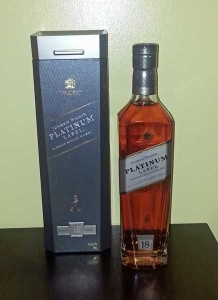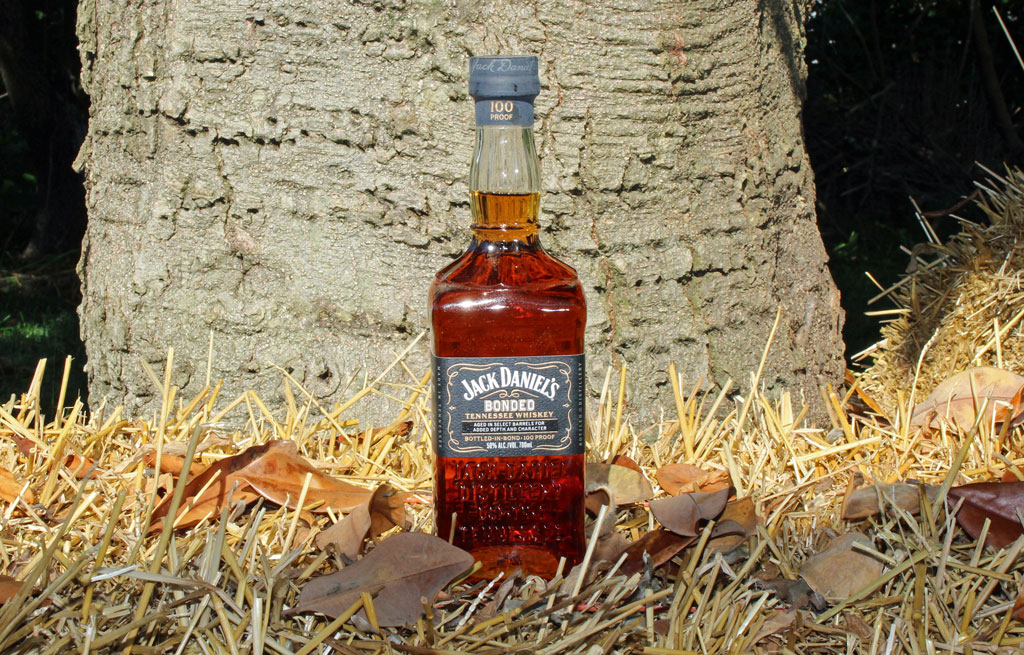Scotch Whisky Has A Unique Heritage

(Credit: Kurt Maitland)
Scotch Whisky, otherwise known as the “Water of Life” is Scotland’s national beverage. It really doesn’t matter which Scotch you try, if it is crafted in Scotland, you know that is good quality. With a heritage that goes back more than 500 years you know that you are getting a quality product. The same can also be said for the Everygame mobile casino, considered early pioneers in the online gambling industry.
In the beginning
It was in the 15th century that the story of Scotland’s Scotch really beings. A document recording distilling in Scotland in 1494 was found in the tax records at that time. The entry says “Eight bolls of malt to Friar John Cor to make aqua vitae”. This amount is translated to mean approximately 1500 bottles of potent liquid which over the years would be refined and improved.
Tax evasion and unlawful stills
As Scotch became more popular, the Scottish government became interested and eager to get some revenue from this growing industry. They began introducing taxes on Scotch in 1644 which led to a proliferation of illicit whisky distilling across the country. For the next 150 years, smuggling was standard practice and new and interesting ways to hide away the spirit from taxation were found. Even those considered the respected members in society, like clergyman, were known to hide away a bottle or two, in order to avoid taxation.
Illicit stills were big business by the 1820s and around 14,000 were seized by authorities every year. However, more than half the Scottish whisky that was consumed and enjoyed at that time managed to avoid being taxed.
Scotland’s renowned tax collector
In the 18th century, Robert Burns was a well-known tax collector, prior to turning his hand to writing poetry and thus becoming Scotland’s most celebrated poet. Burns wrote “Scotch Drink”, a verse celebrating Whisky, the good life, good community and friendship – things that highlight the very spirit of Scotch.
The development of the industry
The problem of unlawful whisky production continued and led to the Duke of Gordon raising the issue in the House of Lords and making the case for it to become legal and profitable. Much of the finest illicit whisky at the time was being produced on his land.
The Excise Act was passed in 1823 making the distilling of whisky legal. It was necessary to pay a license fee and there was a set payment for each gallon of proof spirit. Over the next decade, smuggling disappeared and today many of the distilleries we see today are located on the sites used two centuries ago by the smugglers.
Grain whisky
Until 1831 the spirit had been Malt Whisky but now came along Aeneas Coffey who invented the Patent Still. This innovation allowed for a continuous process of distillation to occur, leading to the production of Grain Whisky, a lighter spirit, less intense than Malt Whisky. Grain Whiskey being lighter flavored made Scotch Whisky more appealing to many more people.
Scotch moves out of Scotland
It was in the 19th century that the giants of the whisky world, people like James Buchanan, Johnnie Walker, Tommy Dewar and James Chivas took first took Scotch out into the world. They introduced it to those in the British empire and beyond to places like Hong Kong, Sydney, Montreal, San Francisco and Mumbai. Also, to Cape Town and Berlin. These markets that were founded so long ago, were the foundation stones that has led to the success of Scotch whisky today.
The further expansion of Scotch Whiskey was helped along by the phylloxera beetle that destroyed French vineyards in the 1880s and led to wine and brandy literally disappearing. During the time it took the French industry to recover from the devastation, Scotch Whisky had become the favored spirit.
The creation of the Scotch Whisky Association (SWA)
At the time the Scotch Whisky Association was founded it was a time of rising taxes and global expansion. It was important that the industry have a strong united voice. The heads of businesses came together to talk about ways in which they could protect their industry. They met on 3rd October 1912 and set up the Wine & Spirit Brand Association which ultimately, in 1942, became the Scotch Whisky Association.
The introduction of Prohibition
The United States introduced prohibition in 1920 but if you were prescribed whisky for medicinal purposes then it was exempt. A lot of celebrated people took advantage of this, including Winston Churchill who liked to enjoy whisky with his meals.
World War II also impacted the industry and those in the business were eager to explore international possibilities. The country needed food and Whisky was big business and could make lots of money. Agreements were made between distillers and the government and Scotch began its global journey.
Whiskey today
1994 saw the Scotch Whisky industry celebrate 500 years of Scottish whisky production and how far they have come – global exports of Scotch Whisky having reached £2 billion.
Scotch Whiskey and the modern world
It is important to protect Scotch whisky. By law it must be distilled and matured in Scotland and remain in oak casks for a minimum of three years and then bottled at a minimum alcoholic potency of 40% abv. The tough legal protection of Scotch has grown over time and is crucial if the renowned quality of Scotch is to be safeguarded.
1933 saw the first definition of Scotch in law in the UK. The Scotch Whisky Act was passed in 1988 and in 2009 the new Scotch Whisky regulations. There are now wide-ranging rules that govern the industry.
Scotch Whisky is enjoyed all over the globe today. Every second, large numbers of bottles of Scotch make their way from Scotland around the world. The industry supports many thousands of jobs in Scotland and ensures that Scotch Whisky can be enjoyed by many consumers all over the globe.



